Back in February, Bro. Robert G. Davis and I took a road trip to Austin, Texas in order to attend a Lodge of Secret Masters (4th Degree Scottish Rite). This was a unique experience, because the brethren of the Austin Valley Scottish Rite have taken the ritual that is normally performed on a stage, and transformed it into an actual lodge setting. Therefore, instead of watching the degree from afar, you are actually taking part in a working lodge of Secret Masters. The lodge is only held once a year in order to initiate a brother into the 4th degree of the Scottish Rite. This was truly a rare and powerful event, especially since to my knowledge this is the only valley performing this kind of work.
The passion that the brethren put into this was evident from the moment that we walked in, because the brethren managed to recreate the lodge of sorrow space from the ritual down to the most minute detail, including many custom pieces such as custom 9 pointed star candelabras with gold leaf, handmade stain glass pieces, carved leather banners, torchieres, and even a knight in a full suit of armor.
During the reception following the event, one of the brothers told me that the project seemed too daunting during the original planning stages, because they knew that it would take thousands of hours and dollars to create the custom prop pieces. The brethren would also have to get special permission to form the lodge and perform the ritual, However, during our conversations, each brother expressed that the event was a labor of love, and that it had really brought the brethren of the valley closer together. It had also instilled a spark of energy in the valley, because it was something truly unique that the brethren could be proud of. This work resulted in a truly powerful experience, and there wasn't an empty seat in the house.
On the way home, Bob and I were discussing the event and the other successful Masonic events that we've experienced, and one of the key features that we kept coming back to for any successful Masonic event is passion. Without passion ritual is dull and forgettable; however, when the brethren performing a ritual are truly working to transmit Masonic Light, then it is a truly moving experience. The same goes for any event from a fish fry to a festive board. If the Brethren are simply trying to throw something together at the last minute, or go through the motions because they have to, then the event is flat and boring, and everyone secretly can't wait until they can slip out the back door. However, if the brethren are excited about the event and put real time and effort into the event, then everyone has a good time and the bonds of brotherly love are strengthened.
I think the often heard masonic idiom, "we've always done it this way", is actually a lethal phrase for the craft. If we continue doing things because that's the way its been done, we box ourselves in from new experiences, growth, and passion. One of the keys to being passionate about an event or project comes from thinking outside of the box, which allows us to expand our horizons, and even push the envelope of what can actually be done. Sometimes it can be something as simple as adding reflective elements to a lodge experience such as allowing a contemplative moment of reflection after opening, candles, education programs, music, or hosting a degree in a unique manner, like my lodge did last year when we held a Master Mason degree at low twelve, which ended up bringing in visitors representing 19 different lodges, 5 states, and 6 grand jurisdictions. Other times pushing the envelope can be something more ambitious like hosting a festive board with an out of state speaker, or a major event like a gala, ball, or an event like the Austin Valley's Lodge of Secret Masters.
Sometimes thinking outside of the box is going to be difficult, because while we are inside of the proverbial box we often have difficulty perceiving what could be, because we have only surrounded ourselves with what is or has been. However, when we allow ourselves to break outside of the self-limiting box of how we've always done things, then we can breathe new life into our lodges, appendant bodies, and our fraternity as a whole. As the brethren in the Austin Valley have shown, it may not be an easy road, but the results are well worth it, and now those Brethren have something that they can be truly proud of, and it all began with what seemed like a crazy out of the box idea.
_______________________________________
THANK YOU FOR READING THE LAUDABLE PURSUIT!
IF YOU ENJOYED THIS PIECE, PLEASE FEEL FREE TO SHARE IT ON SOCIAL MEDIA SITES AND WITH YOUR LODGE.
For more information on Wor. Jason E. Marshall, Please CLICK HERE:
Also, visit us on Facebook: https://www.facebook.com/TheLaudablePursuit
_______________________________________
SHOW YOUR SUPPORT
If you enjoyed this content, you can show your support by visiting the "Support TLP" page in the header, or by clicking the button below.






